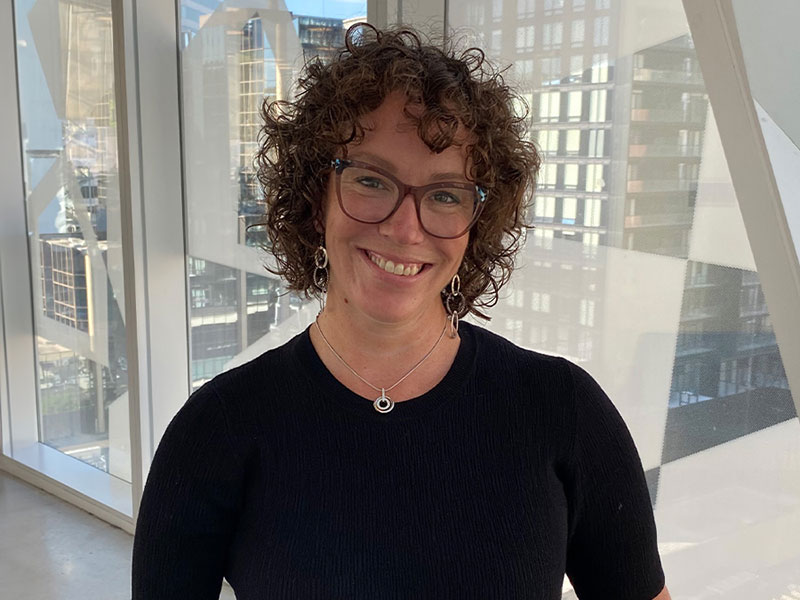Accessibility

Accessibility is one of the units that make up the Office of the Vice-President, Equity and Community Inclusion (OVPECI). Led by Kelly Campbell, this unit works to identify, remove and prevent barriers to inclusion for persons with disabilities, and in so doing make TMU an accessible learning and working environment.
What we do
We are responsible for ensuring that Toronto Metropolitan University is in compliance with the standards of the Accessibility for Ontarians with Disability Act (AODA) (external link) . Acknowledging that achieving AODA compliance will not be enough to ensure full inclusion to persons with disabilities, we aspire to go beyond legislation to address systemic barriers within the classroom, workplace and all campus environments.
With its slogan “Accessibility in the classroom, accessibility in the workplace, accessibility on campus”, this work is undertaken by Access TMU, our university-wide initiative with a mandate to transform TMU into a leader of excellence in accessibility and inclusion of persons with disabilities. Access TMU is comprised of a steering committee with representation from senior leadership, and a variety of working groups focussed on removing barriers in particular areas, including the built environment, information and technology, employment and pedagogy.
Providing an accessibility lens is essential to the work of the Accessibility unit. This is achieved with representation on a variety of university committees and working groups to ensure that the inclusion of persons with disabilities is considered from the start and embedded in all aspects of the university.
Access TMU is guided by four action pillars
The Accessibility Unit responds to inquiries on a daily basis related to accessibility. This allows us to build awareness about best practices related to accessibility. In addition, we proactively reach out to departments and faculties, host events, workshops, visit classrooms and meet individually with TMU community members.
This results in:
- Improved accessibility competencies of students, faculty and staff.
- Increased collaboration, and participation in accessibility initiatives – creating champions.
- Awareness of legal obligations with regard to accessibility and accommodation.
- Dispelling negative perceptions and misconceptions held about persons with disabilities.
We support students, faculty and staff in their aim to be knowledgeable accessibility champions. We provide web-based resources on the Accessibility website such that the TMU community:
- is informed about what tools and guides exist and where to find them
- knows who to contact if they have an accessibility related enquiry or want to report an accessibility barrier
- knows how to provide feedback on an accessibility-related issue at TMU
- has the knowledge and tools they need in order to fully support students with disabilities
- supports innovation in teaching practices, enriches experiences of inclusion, and improves efficiencies and sustainability by building in accessibility at the start
Key principles underpinning Access TMU’s overall strategy are collaboration and shared responsibility. We want to engage as many people as possible within all sectors of the university through:
- community partnerships with disability organizations
- representation on community accessibility committees and communities of practice
- co-leadership in employee community networks and engagement with students
We achieve compliance and accountability through:
- Accessibility standards: TMU’s Accessibility Facility Design Standards (RUFADS) go over and above AODA and Ontario Building Code requirements and provide guidelines for both renovations and new builds within the built environment.
- Training: Mandatory AODA/accessibility training is provided to all TMU employees and is tracked and monitored.
- Baseline data: TMU’s Employee and Student Diversity Self-ID Program establish baseline data providing information about representation of persons with disabilities at TMU and will help to measure our success in increasing representation in the future.
- Reporting: Under the AODA, TMU must file a compliance report every two years.
Get in touch
If you have feedback regarding the accessibility of TMU's services and resources, or are interested in getting involved, please contact Kelly Campbell (Accessibility Manager) at kel.campbell@torontomu.ca or 416-979-5000 ext. 555044.
You can also submit feedback through the feedback form regarding the accessibility of TMU's goods and services.